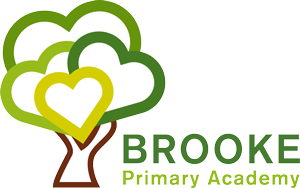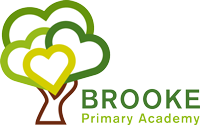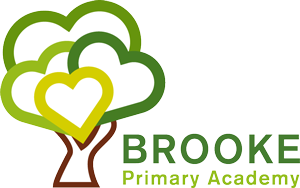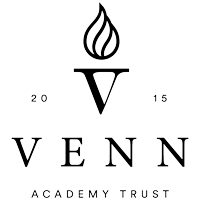
A Venn Academy Trust School
– Together we will…
Venn is a pioneering academy trust, committed to building educational environments where all pupils are inspired to become lifelong learners who achieve the very highest standards possible.
Collaborating with all partners, the Trust works with its unique settings to create world class learning experiences for all.

Parent Carer Forum
Venn Academy Trust’s parent carer forum brings together parents across the trust.
The forum meets each term to discuss topics important to you and the trust and for the benefit of your children.
Aims of the forum
- To learn about the school community and parental viewpoints
- Raise awareness of the views of our parent community
- Share information, knowledge and skills
- Strengthen links with the community
- Triangulate viewpoints of trustees/governors, parent/carers and staff
- Consult on changes, school policy proposals and local issues in the school community.
Membership
- Chair of Trustees
- Trust Lead and Accounting Officer
- Up to three parent/carers from each school. In the event more than three volunteers express an interest, a parent/carers vote will take place.
Code of conduct
As a member of the parent carer forum, I agree to:
- Show respect to all members of the forum, by listening to and respecting a diverse range of opinions
- Maintain confidentiality on matters discussed and by not mentioning the names of individual members of the school community
- Have the best interests of all children and their parent/carers, e.g. not discussing your own child’s issues
- Avoid discussing individual circumstances. These issues will be directed to the school office.
Meetings
- Held once a term
- Held remotely by Microsoft Teams (your school can provide a device and space for you to join the meeting if required)
- Expected duration of each meeting is one hour.
Find out more:
If you would like to find out more contact:

Extracurricular Activities: There is a wide range of clubs available, such as football, rugby, forest school, and choir, which help develop pupils’ talents and interests.

School Environment: The academy is described as a warm and welcoming place where pupils feel safe and happy. Respectful and positive relationships are central to the school’s environment.

Governance and Leadership: Trustees and governors are skilled and committed, regularly visiting the school and maintaining an accurate picture of its operations to ensure continued improvement.

Overall Effectiveness: The school is rated “Good” in all categories, including quality of education, behaviour and attitudes, personal development, leadership and management, and early years provision.

Anti-Bullying: Pupils respect each other, believe in the school’s values, and feel confident that any issues, including bullying, would be resolved quickly by adults.

Safeguarding: The school has effective safeguarding arrangements, creating an open and positive culture that prioritises pupils’ interests.

Curriculum and Learning: The curriculum is well-considered, building on previous learning to deepen understanding. While assessment systems need improvement, the school’s overall approach helps in identifying and supporting pupils’ needs.

Positive Behaviour: Changes in how behaviour is managed have helped pupils reflect on their feelings and make better choices. This has resulted in positive behaviour during lessons and playtimes.

Early Years Provision: The early years setting promotes positive relationships and collaboration among children. Adults model effective communication and use assessment well to engage children in their learning.

Promotion of Values: Pupils learn about diversity and British values through various activities and demonstrate positive attitudes and respect for others. The school also encourages community involvement, such as the choir singing in residential homes and helping at the local food bank.

High Expectations and Progress: The school sets high expectations for all pupils, which are being met. Parents appreciate the support and information provided by the staff and are pleased with the progress their children make.

Reading and Phonics: The school is committed to ensuring all pupils learn to read. Effective training and support for teachers, along with appropriate reading materials and catch-up sessions, help pupils read accurately and confidently.

Support for SEND: The school effectively identifies and supports pupils with special educational needs and/or disabilities (SEND), involving parents in the assessment process and adapting lessons to help these pupils build new knowledge.


